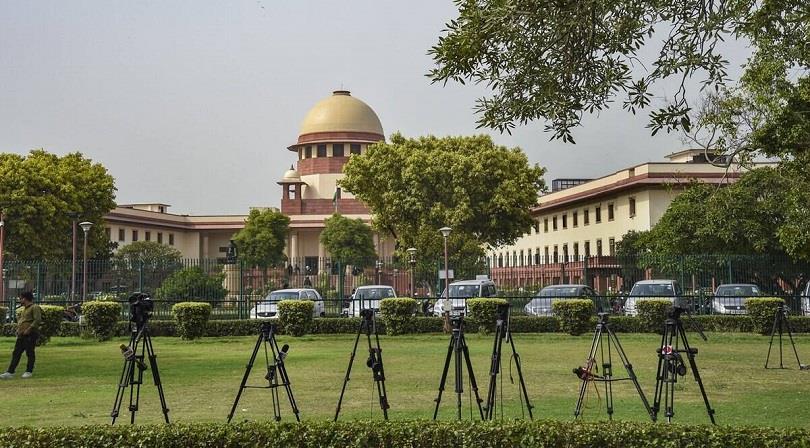
SC Asks Centre To Frame National Policy, Uniform Rules On Organ Transplantation
File Photo Of Supreme Court Of India
New Delhi- The Supreme Court on Wednesday issued a slew of directions to the Centre to frame a national policy and uniform rules in consultation with States to ensure a transparent, and efficient system for organ donation and allocation.
A bench comprising Chief Justice BR Gavai and Justice K Vinod Chandran passed the directions on a PIL filed by the Indian Society of Organ Transplantation.
The CJI, in its order, requested the Centre to persuade Andhra Pradesh to adopt the 2011 amendments to the Transplantation of Human Organs Act, 1994.
ADVERTISEMENTIt also directed that states like Karnataka, Tamil Nadu, and Manipur, which have not yet adopted the Transplantation of Human Organs and Tissues Rules, 2014, to do so expeditiously, stressing the“importance of the issue.
The bench asked the Centre to develop a national policy with“model allocation criteria” for organ transplants.
This policy must address and mitigate issues of gender and caste bias and establish“uniform criteria for donors across the country” to end the state-wise discrepancies.
Noting that states like Manipur, Nagaland, Andaman and Nicobar, and Lakshadweep lack a State Organ and Tissue Transplant Organisation (SOTO), the bench asked the Centre to constitute these bodies under the National Organ Transplantation Programme after consulting the states.
On the issue of saving live donors from“exploitation”, it asked the Centre to evolve guidelines for the welfare of live donors, ensuring they are cared for post-donation and to prevent their commercialisation and exploitation.
It also directed the government, in consultation with the National Organ and Tissue Transplant Organisation (NOTTO), to amend birth and death registration forms (Form 4 and 4A) to specifically indicate if a death was a“brain death” and whether the option to donate organs was provided to the family.
On Tuesday, the PIL petitioner commenced with the arguments surrounding the lack of uniformity around the applicability of the 2014 rules across the nation as certain states such as Andhra Pradesh and Karnataka rely on their own existing laws instead.
Senior lawyer K Parmeswar, appearing for the petitioner, said the lack of a consolidated national database for donors and recipients as of date was alarming and slowing down the process across states.
He said organ transplant till date remains only accessible to a certain class of people, as class and gender disparities remain.

Legal Disclaimer:
MENAFN provides the
information “as is” without warranty of any kind. We do not accept
any responsibility or liability for the accuracy, content, images,
videos, licenses, completeness, legality, or reliability of the information
contained in this article. If you have any complaints or copyright
issues related to this article, kindly contact the provider above.


















Comments
No comment